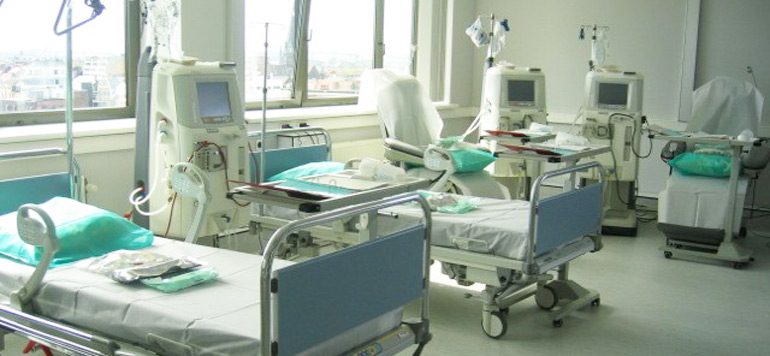
Health insurance may be doing more than just offering protection against unexpected medical bills in Morocco—it’s changing the way households think about saving. A recent study by Sara Loukili and Patti Fisher, based on national consumption data, reveals a clear pattern: households with health coverage tend to save significantly less than those without it.
This drop in saving is especially pronounced among vulnerable groups, including low-income families, rural households, and those led by women. For these populations, health insurance acts as a financial safety net, easing the fear of sudden medical costs and reducing the need to set aside precautionary savings.
The researchers used data from Morocco’s national household spending survey, applying an econometric model that accounts for a range of socioeconomic factors. On average, having health insurance is linked to a 24.5-point decrease in household saving rates. Among the poorest families, the effect is even stronger, reaching a 28-point drop. While the impact is less dramatic for higher-income groups, it remains statistically significant across the board.
Rural households experience a particularly strong shift, likely due to limited access to healthcare and the high cost of transportation to medical facilities. Households headed by women—who often face greater financial vulnerability—show a 21-point decrease in their saving rate. The most dramatic change is seen among self-employed workers, who typically lack access to formal credit systems; for them, insurance coverage leads to a steep 45-point decline in savings.
But this behavioral shift goes beyond savings. The study also finds that insurance coverage leads to a rethinking of household spending priorities. Among the poorest families, coverage opens the door to increased use of healthcare services, raising out-of-pocket health expenses. In wealthier households, the opposite trend emerges: direct medical spending drops, and resources are redirected toward long-term investments like education.
The broader takeaway is that health insurance doesn’t just provide immediate financial relief—it empowers households to plan ahead, invest more confidently, and improve their overall well-being. Yet despite health insurance now covering an estimated 85% of the population, household out-of-pocket expenses remain high, making up 38% of Morocco’s total health spending in 2022. That’s far above the World Health Organization’s recommended threshold of 25%.
These findings underscore the importance of not only expanding coverage but also improving its quality—particularly for the most at-risk groups. Health insurance, the study suggests, should be seen not just as a protective measure, but as a catalyst for broader economic transformation. When designed effectively, it can shift how families save, spend, and invest in their future.